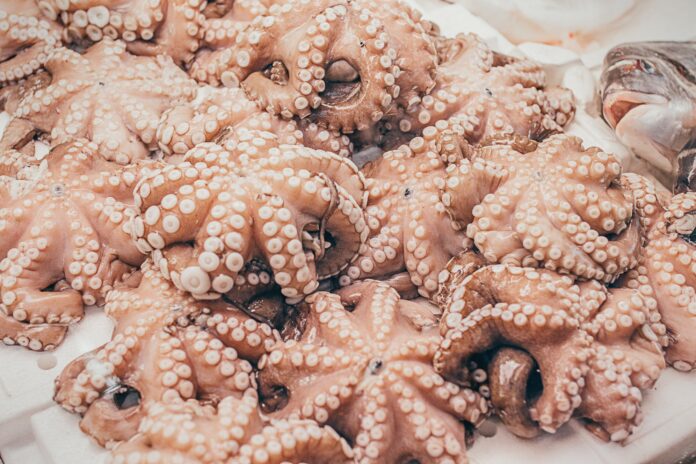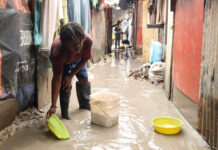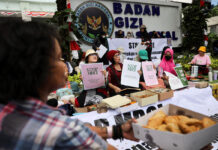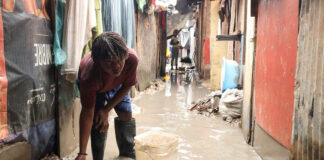Stakeholders from across the South-West Indian Ocean (SWIO) region have gathered for a three-day regional consultative workshop to validate a landmark study aimed at strengthening gender equality, climate resilience, and environmental sustainability in small-scale octopus fisheries. Held from June 3 to 5, the workshop was convened by the African Union-InterAfrican Bureau for Animal Resources (AU-IBAR), with support from the Swedish government through Sida, under the “Conserving Aquatic Biodiversity in the Africa Blue Economy” project.
Over 30 participants, representing governments from Kenya, Tanzania, Madagascar, and Comoros, along with fisherwomen, non-state actors, researchers, and policy experts, met to review findings from a regional study led by Prof. Bernard Fulanda of Pwani University. The study assessed the current state of octopus fisheries value chains and proposed inclusive strategies to enhance governance and sustainability.
Small-scale octopus fisheries are a vital economic and nutritional lifeline for coastal communities, particularly women, who are deeply involved in harvesting, processing, and trade. However, their contributions remain underrepresented in formal governance, and the fisheries face mounting threats from climate change and unsustainable practices.
The workshop aligns with key African Union frameworks, the African Blue Economy Strategy and the Continental Gender Mainstreaming Strategy, both of which call for equitable and integrated approaches to aquatic resource management.
Opening remarks were delivered by Francisca Gonoh on behalf of AU-IBAR Director Dr. Huyam Salih, reaffirming the agency’s commitment to inclusive development. Kenya’s Deputy Director of Fisheries, Mr. Collins Ndoro Kambu, emphasized the fishery’s high potential and echoed the 2025 Madaraka Day theme, “Our Waters, Our Wealth,” as a rallying call for sustainable aquatic use.
Prof. Fulanda presented key findings from field research conducted in four countries, highlighting:
High female participation, especially in gleaning and post-harvest roles;
Limited inclusion of women in Beach Management Units (BMUs);
Declining octopus stocks and degraded coral habitats;
Infrastructure gaps and market access barriers;
Successful community-led conservation models, including locally managed marine areas (LMMAs).
Participants engaged in country-specific sessions to validate findings and share lived experiences, particularly from fisherwomen. They also drafted proposals for a regional fisher network and issued a communiqué calling for expanded engagement to other countries such as Mozambique, Seychelles, and Mauritius.
The validated study will feed into AU-IBAR’s broader efforts to advance gender-responsive governance, climate-adaptive fisheries, and regional collaboration on marine conservation.
This workshop marks a crucial step toward a more inclusive and sustainable blue economy, one that centers the voices of women, supports coastal livelihoods, and safeguards marine ecosystems for future generations.
Written By Rodney Mbua



















